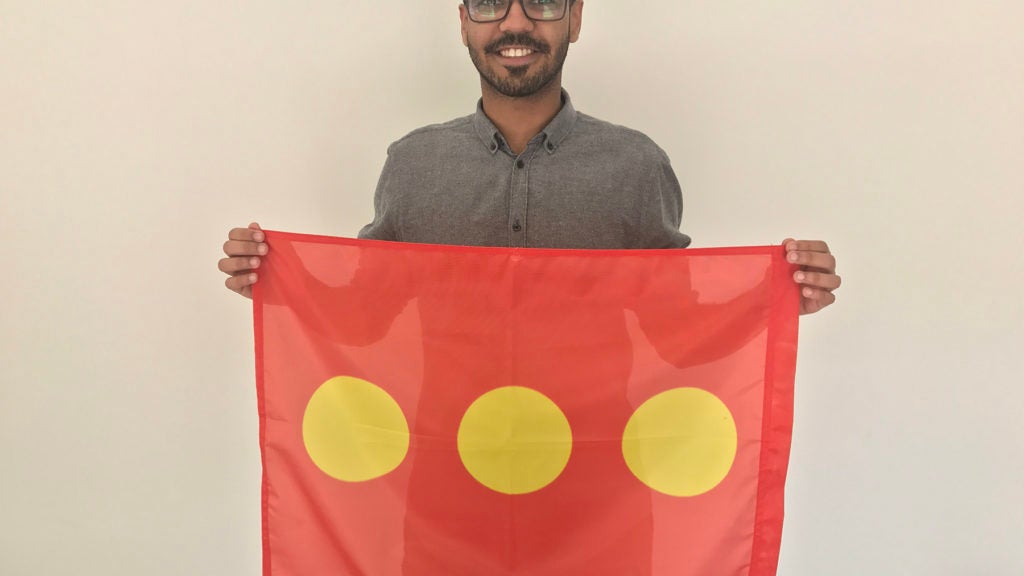Georgetown Student Explores Alternative Society of Christiania

Are we truly free or are we following the course set for us by society? Are we part of society or is society part of us? These are the questions that led Georgetown senior Abdel Rahman Kamel (SFS ’17) towards his recent research project, which saw him travel to Denmark to take part in an international research program.
Kamel, who is majoring in culture and politics, became the first GU-Q student to take part in the Christiana Researcher in Residence program, which gave him access to the alternative society of Christiania in Copenhagen. The program aims to involve artists, researchers, and academics in an open, critical, and reflective dialogue around the free town by hosting them in Christiana for up to a month.
The research Kamel conducted during his stay formed the basis of his honors in the major thesis, titled ‘Principles of Rebellion, Autonomy and Reform in a Communitarian Society: An Exploration of Freetown Christiania in Copenhagen.’ The project explores the various measures used to maintain social and political control, both internally and externally, in Christiana.
Despite Christiana’s unique situation as a relatively large, internationally-known free town, its longevity and its interactions with greater Danish society have not been explored in depth academically. “It’s a subject that hasn’t garnered very much scholarly attention in English at all,” said GU-Q Professor Edward Kolla, who was Kamel’s faculty mentor on the project. “It’s not just that it was quite original as an undergraduate research project; it was quite original as a research project, full stop.”
The GU-Q student grew interested in the free town after visiting over a weekend break during his study abroad semester at Georgetown’s Villa Le Balze in Florence. His experiences there sparked an interest in alternative politics, concepts around communal property, and the various squatter movements in Europe.
“I started to notice that most of the people who I encountered in Christiania were religious and ethnic minority groups and they seemed to carry a strong sense of belonging to this community,” said Kamel, describing his first visit to the free town. “As I was leaving Christiania I noticed a sign that read: ‘You are now entering the E.U.’ The sign made me question ideals and values that I thought I knew about civil societies, capitalism, and established hierarchies.”
For Kamel, this semi-autonomous community located within the greater city of Copenhagen provided an interesting experiment of an alternative form of civil society. “I believe that Christiania’s collective culture of acceptance and values of love and compassion is exactly what we need in modern political discourse,” he said.